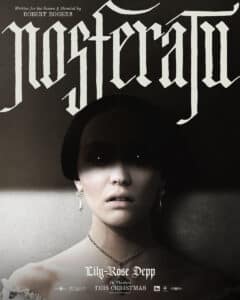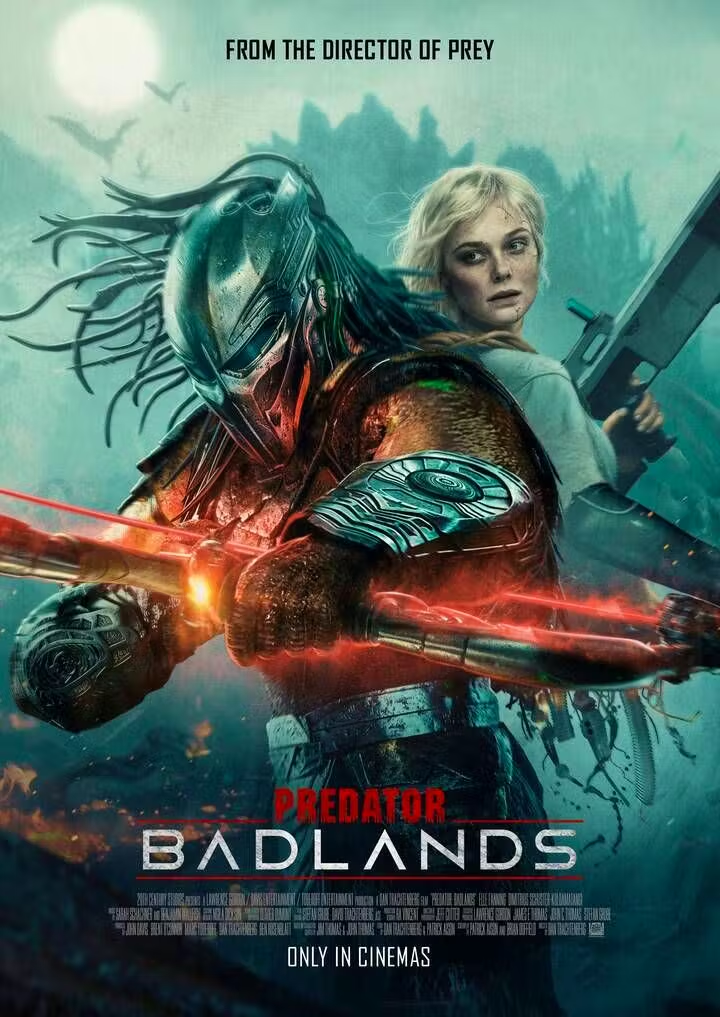
Nosferatu
So, picture Germany back in 1838, in a little town called Wisborg. There’s this guy named Thomas Hutter who just got married to Ellen, the love of his life. Thomas’s job sends him way out into the boonies of the Carpathian mountains—kind of a work trip he wasn’t expecting. The minute he gets there, he starts having weird dreams and sees some pretty wild stuff locals are up to. A creepy carriage arrives with no driver and takes him to Count Orlock’s castle.
Now, Count Orlock is one odd dude. He wants Thomas to sign this contract written in some ancient mumbo-jumbo that makes no sense at all. Soon enough, poor Thomas realizes just how freaky things are because Orlock isn’t exactly human anymore. When Orlock takes off for the city with plans involving Ellen—who’s been on his mind since before she knew—Thomas has gotta find a way outta there fast.
While all this drama unfolds, Orlock brings along a plague that sweeps through Wisborg like wildfire, giving him tons of freedom for his shady dealings. He gives Ellen three days to say yes to his horrible plans.
At first you’re thinking maybe it’s Ellen’s fault he’s there; after all, something draws Nosferatu in her direction. But really it feels like society’s been pushing her into a corner forever now—they always try controlling what’s natural and true about people by shoving them into restrictive roles or clothing (thanks for not much on that front either Doc Sievers). Seems like everyone wants more than they let themselves show—or so Nosferatu sure thinks!
This movie’s all about Ellen, who’s got this cool mix of being both a mermaid and something like a saint. It’s kinda like she’s showing us what powerful femininity looks like—strong enough to take down monsters. But she’s still stuck dealing with the limits society puts on her. This whole theme kinda reminds me of Eggers’ first movie, The Witch. That one also tackled the idea of female power, though with a different twist at the end.
Anyway, Ellen starts having these vampire dreams during her teenage years. They chill out for a bit, until her husband bails on her at home—he’s not a bad guy; society just has him wrapped around its finger too. It’s interesting to see how in this story, those bottled-up feelings can become dangerous if you keep them hidden away, especially in the dark or at night. But when you face them head-on, they’re not so scary after all.
Then there’s Willem Dafoe’s character, sorta like Van Helsing from Bram Stoker’s stories but with a mystical vibe going on. He even tells Ellen she would’ve been seen as some powerful priestess back in another time—like someone who wouldn’t just be stuck at home all day.
Eggers knocks it out of the park with his unique spin on things—really keeps you thinking!
This flick really captures that old-school Murnau vibe, using lots of head-on shots and folks looking right at you through the screen. Sometimes it’s got these quick cuts to shake things up and other times, the camera dances around with fancy moves. Eggers teams up again with his go-to cinematographer Jarin Blaschke, who knows all about playing with shadows and giving us this washed-out, dream-like look that’s just super cool. If you liked The Northman’s music, then you’ll dig Robin Carolan’s soundtrack here—it’s bold and hits like those silent movies did back in the day.
Everything about this film is a feast for the eyes, from the spot-on costumes to the lush sets filled with actors who bring serious passion to their roles. Lily-Rose Depp moves in ways that’ll blow your mind and it’s no surprise given she was coached by a master of Japanese Butoh dance. Then there’s Bill Skarsgård who’s completely transformed again; he doesn’t go for your typical Dracula or Nosferatu look. Forget sharp teeth—it’s more like he crawled out of an old burial ground with some rugged wounds but still sports a mustache.
Willem Dafoe is having a ton of fun too; his character’s not even close to being the Van Helsing we all know. This time he’s called Albin Eberhart von Franz—a nod to both Albin Grau, who worked on the original film, and Marie-Louise von Franz, a psychologist obsessed with fairy tales and alchemy stuff. Overall, it’s quite an experience!
“Lawless” kind of takes its time, stretching things out a bit more than the original. If you’re familiar with Eggers’ style, there won’t be too many shockers here. Besides the new prologue they tossed in, it’s pretty much what you’d expect from his movies—nothing more, nothing less.
To watch movies and TV shows online, please sign up with our partner, a legit streaming service.
Get Started ➔






